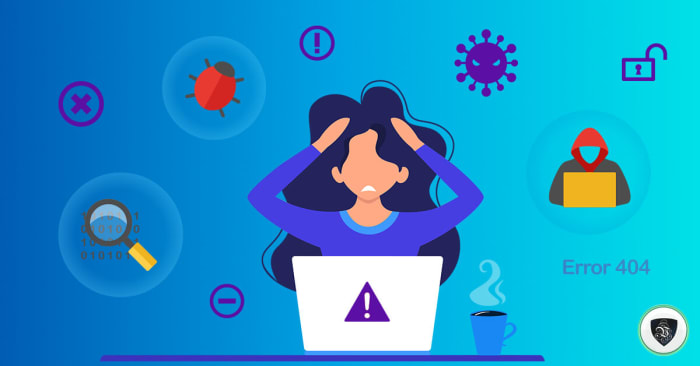
Your PC and your online privacy are really important to protect. While connected to the internet, your computer and its work and data are open to various kinds of harmful attacks. So, take the necessary steps to protect your computer and its data.
Things to follow protection of your Computer Files:
- Blocking hackers and viruses by installing the newest firewall and antivirus software. It is advisable to put in a software firewall albeit you've got a hardware firewall in your system. A software firewall is meant to question whether or not it should permit "X," access. The user can specify which applications can access the port and which cannot. A bi-directional firewall like ZoneAlarm3 and private Firewall 5 will monitor both inbound and outbound traffic preventing Trojans and backdoor programs from functioning.
Block downloads that install unwanted programs by using the choices in Internet Explorer to dam all software from source X specified by you.Install software programs that will constantly scan your PC for spyware, adware, dialers, and web bug traces which may create a nuisance and cause crashes, hamper systems, or steal financial information. By adding a schedule you'll instruct NoAdware to automatically scan your PC at set times for in-filtrations.
- Immunize your PC and stop malicious add ons to your system.
- Configure your PC browser to guard you once you are working online. Use a 'real-time shield' and prevent intrusions. Be sure to click the "protect IE Favorites" box and make sure that no thief can add an URL without your permission to your browser's favorites list. This will block offensive and dangerous websites from entering your PC environs.
- Say "no" to any web address or site that instructs you to download specific software to look at their pages. Such software can contain a virus, Trojan horse, or autodialer.
- Create a regular backup schedule for your work. Once every week is right if you're a virtual worker or running a business. This will minimize any damage should problems arise.
- Be sure to update your software with the newest patches and bug fixes. Then use the updated or enhanced security settings provided by the updates. There are inbuilt ways which you can operate to block damaging viruses, stamp out cookies, and keep unwanted visitors away from your computer system. The method is straightforward for instance if you're using Internet Explorer just attend Tools-Internet Options-Privacy tab. Click the edit button to simply accept or reject a selected cookie. Go to the advanced settings and check block third-party cookies.
- Scan all downloaded files before use. Never launch executable or scriptable files namely those that have dot.exe; .bat ;.doc; .vbs extensions. Do not access attachments of any kind before they're certified as safe.
- Remove file sharing and windows printer options these increase vulnerability of the PC.
- Encrypt your e-mail and embed an identifying key.